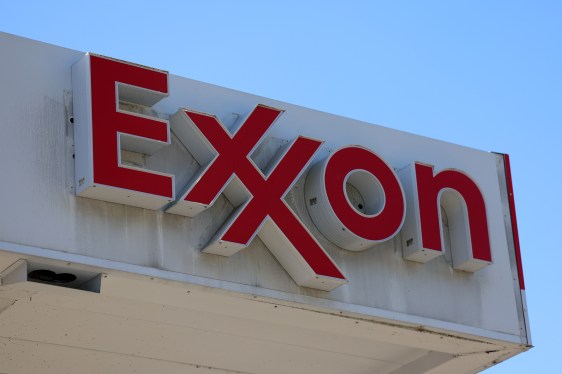The United States possesses an unprecedented reservoir of lithium—a critical material for modern batteries—and its strategic importance has only grown with the push toward electric vehicles (EVs) and renewable energy. A 2021 U.S. Geological Survey report highlights over hundreds of thousands of tons of "recoverable" lithium stored in the nation’s geothermal resources, presenting a vast opportunity to power everything from cars, handheld devices, to large-scale energy storage systems.
Despite this abundance, the U.S. operates just one commercial-scale lithium mine—situated in Nevada and managed by chemical manufacturer Albemarle. This solitary source has hindered progress in the lithium supply chain for decades, leaving room for competition among companies striving to address the global demand for lithium-based batteries.
In a landmark move, the Biden administration is advancing efforts to expand lithium mining operations across the country. This includes the proposed drilling of lithium reserves in Arkansas, a decision that could significantly alter the trajectory of the U.S. energy landscape. In response, industry giant Exxon has announced plans to begin production of lithium in 2027—a bold move aimed at securing a foothold in a market poised for rapid growth.
Exxon’s strategy is part of a broader effort by the company to reassert its dominance in the lithium-ion battery sector, which it had once led but later abandoned. The new plan includes establishing partnerships with automakers and other manufacturers focused on EV production, aiming to supply enough lithium to power over one million electric vehicles annually by the start of the next decade.
Exxon’s commitment reflects not only a strategic pivot but also an acknowledgment of the critical role lithium plays in accelerating the global shift to renewable energy. The company has positioned itself as a key player in this transformation, leveraging its historical expertise in battery technology to navigate the challenges of lithium extraction.
However, the transition to lithium-based batteries is far from without complications. The process of extracting lithium from various sources—be it clay reserves in Texas (being worked on by Tesla), or vast salt lakes like the Great Salt Lake (a target for Lilac Solutions)—presents unique environmental and logistical challenges. Each approach carries its own set of risks, ranging from energy-intensive extraction methods to potential impacts on local ecosystems.
In addition to Exxon’s efforts, a growing chorus of innovative startups is making waves in the lithium industry. For instance, Lilac Solutions has proposed extracting lithium from the Great Salt Lake using advanced desalination technology, while another company, EnergyX, focuses on refining lithium chloride into high-quality lithium hydroxide—a process that could significantly reduce energy consumption during extraction.
The rise of these startups underscores the dynamic nature of the lithium market and highlights the intense competition for capturing a piece of this valuable resource. Exxon’s entry into this space positions it as one of several major players vying for a share of what promises to be an expansive and transformative industry.
As the world continues to shift toward electric vehicles and renewable energy, the availability of lithium will remain at the forefront of global technological innovation. Exxon’s strategic move marks the beginning of a new chapter in this ongoing evolution, offering hope for those seeking to harness the full potential of lithium-based batteries.
In summary, Exxon’s announcement signals a bold pivot into the lithium market, while also reflecting the broader trends shaping the energy landscape. With its focus on sustainability and innovation, Exxon is at the forefront of an industry that promises to revolutionize transportation and power generation alike.







